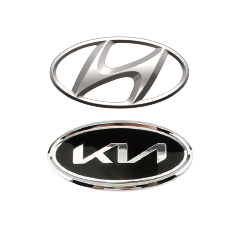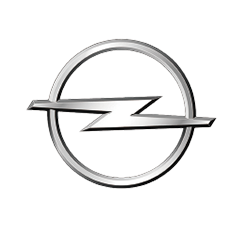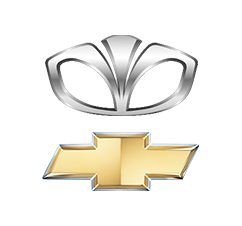"I. What is FOB
FOB is one of the international trade terms, the full name of the English language is Free On Board (...named port of shipment), that is, delivery on board (...named port of shipment), customarily known as port of shipment on board. FOB is also known as "Free On Board" (price without freight).
01Conformity:
FOB terminology is limited to the scope of maritime and domestic trade transport.
02 Influencing factors:
At the buyer's request and at the buyer's risk and expense, the seller may give assistance in obtaining a bill of lading or other transport documents.
03 Characteristics:
T/T (prepayment) and FOB trade terms are a common set of combinations that can effectively control the potential risks under this trade term. Europe and the United States choose FOB trade terms more.
04 Obligations of buyer and seller:
The seller bears all the risks until the goods are loaded on board the ship, and the buyer bears all the risks after the goods are loaded on board the ship from the port of shipment.FOB terminology requires the seller to handle the customs clearance of goods for export.
05 Calculation formula:
FOB = {{1-[tax rebate rate / (1 + VAT rate)]} × RMB tax-inclusive price} / spot buy price
FOB US dollar price = [FOB RMB price × (1 + tariff rate)]/US dollar spot buy price (with export tariffs)
06 Common Misconceptions:
The FOB terminology applies when the seller is responsible for delivering the goods to the vessel at the port of shipment. However, FOB may not be the best option for some buyers, especially if they have limited experience with shipping and customs clearance procedures.
The FOB price includes only the price at which the goods are sold on board the vessel at the port of shipment terminal and does not include freight and insurance costs. Some buyers may incorrectly believe that the FOB price has included all costs, leading to problems with subsequent payments and fees.
Second, what is FAS
FAS is one of the international trade terms, the full name of the English is Free Alongside Ship (.... . named port of shipment), that is, the ship side delivery (...). named port of shipment). It means that the seller will deliver the contracted goods to the named port of shipment within the agreed time, and the buyer will complete the delivery obligation at the named ship's side, for example, placed on the wharf or barge.
01 Conformity:
The FAS terminology applies only to ocean modes of transport.
02 Influencing factors:
The seller assumes the risks and costs prior to delivery, and these costs and operating expenses can vary from port to port, thus affecting the price quoted.
03 Features:
The risks and charges of both the seller and the buyer are bounded by the ship's side, and all risks and charges after delivery are borne by the buyer. In foreign trade, the seller often takes ship-side delivery in order to exempt himself from certain obligations.
04 Obligations of both buyer and seller:
FAS requires the seller to clear the goods for export, but the seller is not obliged to clear the goods for import, pay any import tax or go through any import customs procedures. The seller is responsible for entering into an appropriate contract of carriage with the carrier and ensuring that the vessel arrives at the port of shipment on time.
05 Common Misconceptions:
Delivery on board is FAS, delivery to carrier is FCA, be careful to distinguish."




